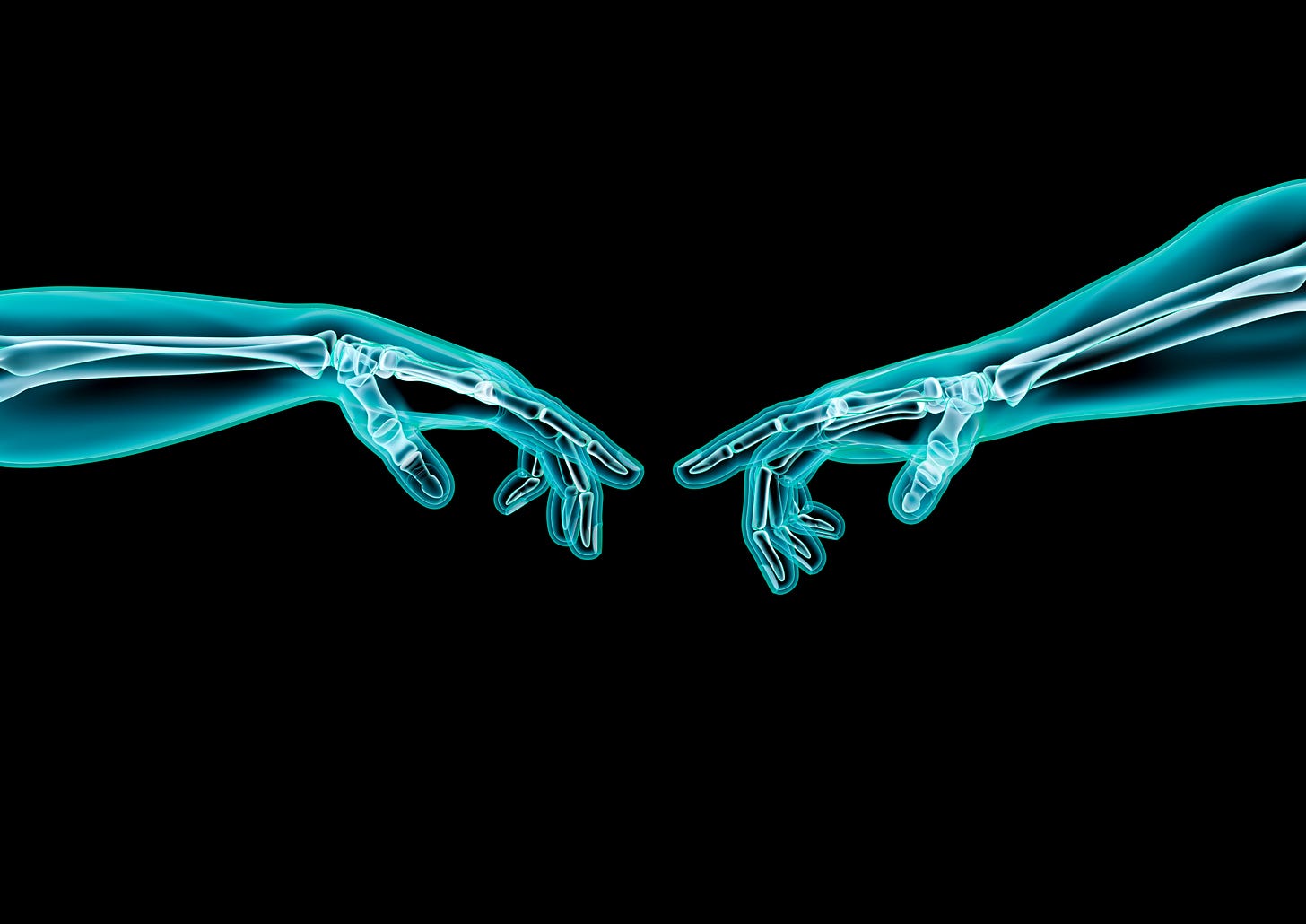In the movie 2001: A Space Odyssey, astronaut David Bowman is captured by the monolithic alien Sentinel which has orbited Jupiter for 4 million years. He and the space pod he occupies are drawn inside the device and sent to another location outside the solar system to be examined by its creators. In the movie the strangeness of this journey is depicted by his trembling fear. This is not what is described in the companion novel by Arthur C. Clarke: there he is Dr. David Bowman, and he overcomes his fear and uses his scientific training and his humanistic outlook to carefully observe and understand as much as he can.
Question for your consideration: can anyone “do science” under such conditions?
An idealist would say yes. However, the current reigning philosophy of science says otherwise.
Thomas Kuhn was a historian and philosopher of science at MIT when he published The Structure of Scientific Revolutions in 1962. He argued that scientific progress comes not in linear progression but rather in fits and starts. Scientists work under consensus according to mental frameworks called paradigms. Theories are held to be true because they fit the reigning paradigms. When a scientific revolution comes it is because a new paradigm has replaced an older paradigm. Kuhn argued, in part, that such “paradigm shifts” happen when one generation of scientists retire and are replaced by another.
This means that science is a collective enterprise. There are no lone scientists. An Albert Einstein might work alone in his patent office by day and his apartment by night and develop a revolutionary theory, but in the end he has to publish it for review by his peers. After David Bowman travels outside the solar system he is cut off from the rest of humanity, therefore his observations and understandings cannot be shared. He cannot “do” science, according to Kuhn.
Quite frankly, I find that to be a bizarre conclusion. It says that if Albert Einstein had been incarcerated in solitary confinement he could not have “done science” even if he had written all of his theories in his cell; only upon their release from the cell would they count as science. Should he die in prison and his theories burnt upon his death it would have been as if they had never happened, as far as the scientific collective is concerned. But does that mean they never happened?
Of course, there is a lot of truth in this. Science is a collective enterprise. Kuhn did accurately describe how scientists work together. But can this conclusion of non-science-in-isolation be a valid philosophical conclusion?
Worse was to come.
Kuhn was accused by some of his peers of being a relativist. He denied it, and once even said “I am not a Kuhnian!” to physicist Freeman Dyson. But that very statement was an admission that his work had been appropriated by relativists for their own purposes.
Relativism is the belief and philosophy that there are no absolutes, no objective criteria by which judgements can be made. Aside from acknowledging the Dark Side, it is the philosophy of the Jedi in Star Wars; legend has it that the Catholic Alec Guinness so hated his relativism dialog it caused him to ask George Lucas to kill off Obi wan Kenobi. Authentic religion and relativism are incompatible, as Guinness realized. Today relativism reigns in our society. Pope Benedict XVI was even prompted to call our society a “dictatorship of relativism,” something that sounds oxymoronic but on reflection accurately describes our situation.
It should also be noted that Kuhn’s philosophy, unlike Karl Popper’s, does not have much prescriptive value. It cannot guide people in how to do science, or to demarcate science from non-science. At best it can only remind any generation of scientists to be humble in the face of their ultimate successors.
So, is Kuhn’s philosophy useful?
Yes it is, but here is the rub: it is really valuable as a sociology of science, not a philosophy. It has been mischaracterized, and this has led to much misuse. It really should be recategorized.
In other words, perhaps it is time that The Structure of Scientific Revolutions be subjected to its own paradigm shift. Doing so would be the most un-relativist act possible.


